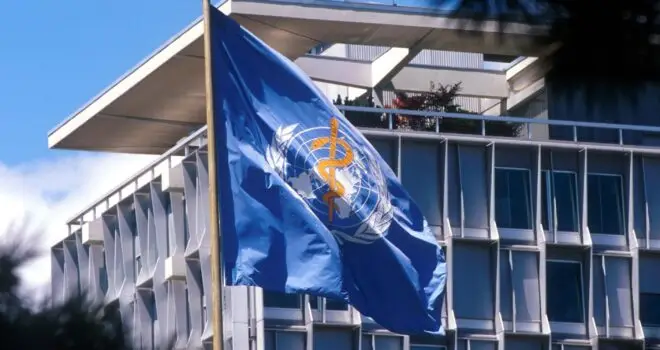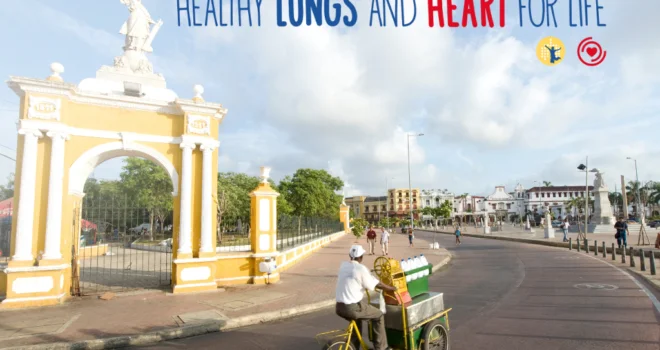This joint statement was delivered by the European Heart Network and the World Heart Federation at the Seventy-Fourth Session of the WHO Regional Committee for Europe
SEVENTY-FOURTH SESSION OF THE WHO REGIONAL COMMITTEE FOR EUROPE
AGENDA ITEM 9
Honourable Chair,
Distinguished Delegates,
The European Heart Network and World Heart Federation applaud WHO and its Member States for the new Framework.
In relation to Priority Action Area 8, we note with concern that an estimated 1.4 million annual deaths in the region are linked to environmental risk factors. Climate change and air pollution are closely intertwined, with major sources of air pollution, such as fossil fuel combustion, also contributing significantly to greenhouse gas emissions.
Air pollution is widely recognized as a leading cause of noncommunicable diseases, especially cardiovascular disease and stroke, with nearly seven million deaths worldwide attributable to outdoor and indoor air pollution in 2019. Fortunately, the implementation of mitigation measures through effective cross-sector coordination can reduce greenhouse gas emissions while delivering health co-benefits and promoting health equity.
We urge Member States to endorse the Framework and to:
- Transpose the newly adopted EU Directive on Ambient Air Quality and Cleaner Air for Europe, setting updated (stricter) air quality standards across the EU into national legislation in EU Member States;
- Translate other international agreements and initiatives on climate change and health – such as the COP28 Declaration and WHO Resolution WHA77.14 – into national and regional policies, strategies, and actions;
- Implement the recommendations outlined in the EHN Paper on Air Pollution and Cardiovascular Diseases, WHF Policy Brief on Air Pollution, and World Heart Report 2024;
- Phase out fossil fuel use and subsidies as well as negotiate a Fossil Fuel Non-Proliferation Treaty; and
- Create environments that deliver co-benefits and promote health equity through intersectoral policies and interventions that reduce air pollution, conduce to active and healthy living, support active transportation, and build climate-resilient health systems, with a strong focus on addressing social, commercial, and environmental determinants of health.
Thank you.


